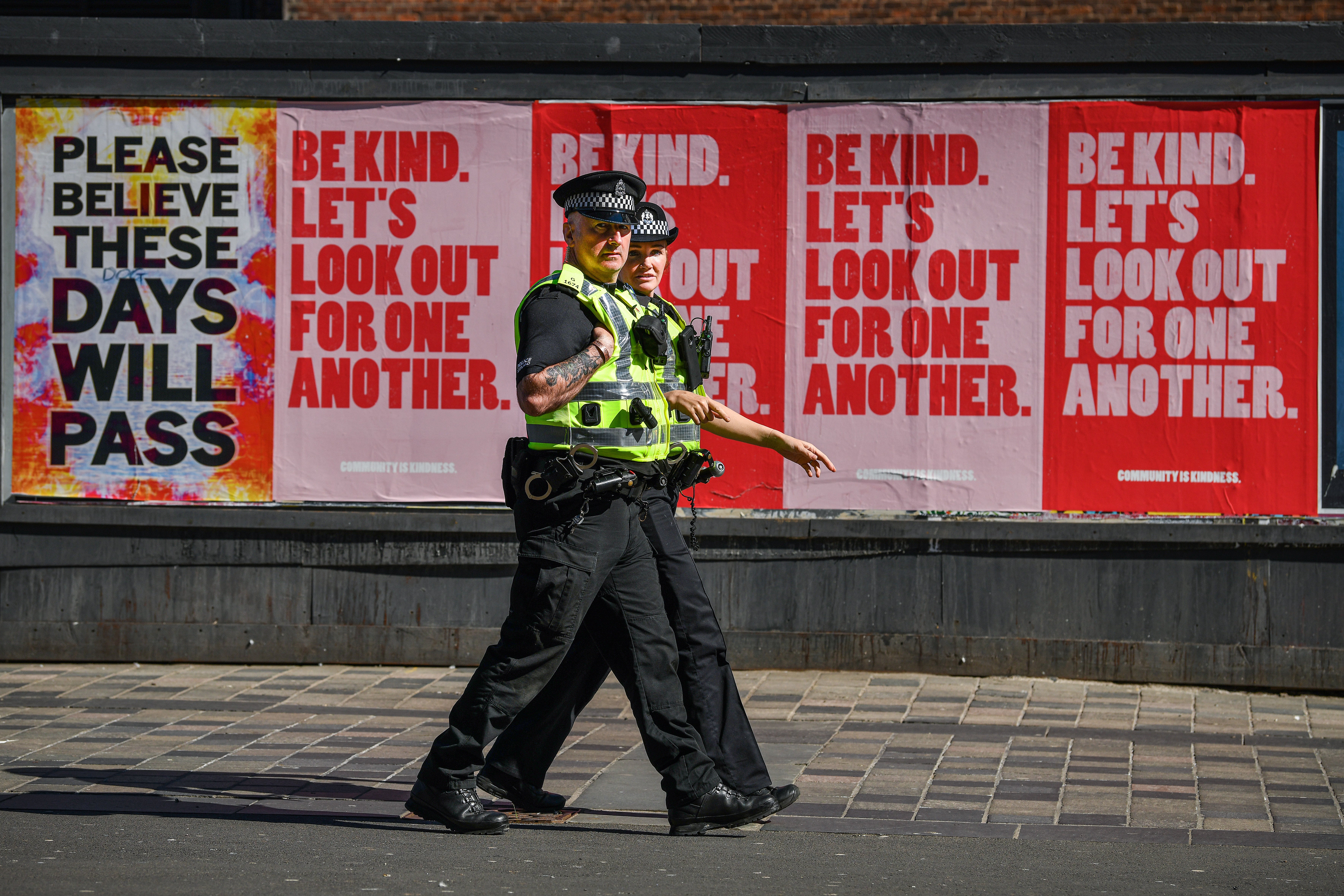Second lockdown a ‘mental health catastrophe waiting to happen’ for menopausal women
Half of women over the age of 40 think that the pandemic has made their menopause symptoms worse

Your support helps us to tell the story
From reproductive rights to climate change to Big Tech, The Independent is on the ground when the story is developing. Whether it's investigating the financials of Elon Musk's pro-Trump PAC or producing our latest documentary, 'The A Word', which shines a light on the American women fighting for reproductive rights, we know how important it is to parse out the facts from the messaging.
At such a critical moment in US history, we need reporters on the ground. Your donation allows us to keep sending journalists to speak to both sides of the story.
The Independent is trusted by Americans across the entire political spectrum. And unlike many other quality news outlets, we choose not to lock Americans out of our reporting and analysis with paywalls. We believe quality journalism should be available to everyone, paid for by those who can afford it.
Your support makes all the difference.Brits have overwhelmingly admitted the latest national lockdown has caused even greater anxiety for menopausal women in what has also been described as ‘a mental health catastrophe waiting to happen’.
In a new survey by wellness brand CBII, an extraordinary 71 per cent of women over the age of 40 say the current lockdown has increased symptoms of anxiety for women experiencing the menopause.
Meanwhile, half of women over 40 think the pandemic has made symptoms worse.
But when it comes to talking about anxiety and other symptoms, 95 per cent of over 40s have never spoken about the menopause with their boss, 86 per cent haven’t discussed the menopause with their GP. Nearly half of 55-64 year-olds have never talked about it with their doctor.
With symptoms ranging from chronic insomnia, night sweats, anxiety, racing thoughts, restless and disruptive sleep, due to the decline of oestrogen and progesterone during the perimenopause and the menopause, women’s sleep patterns are also being seriously affected.
The NHS recommends adults need between 7 to 9 hours of sleep a night. But in the research of 2000 people, a staggering 73 per cent of 45-54-year-old women say that symptoms of the menopause have affected their sleep.
Nearly a third of over 40s, get an average 6 hours of sleep a night and one in 10 over 55-year-old’s are waking up at least five times a night.
Even post-menopausal women, in the above 65-year-old age group, are still suffering, with 71 per cent saying their sleep is still affected.
Techniques people use to help improve sleep include: keeping the bedroom cool at night, sleeping naked to stop night sweats, stopping using digital devices before bed and using a lavender spray.
Despite conversations around the menopause being more prevalent than ever on TV and in books and magazines, there is also a startling lack of knowledge about the menopause in Brits under 40.
A confident 62 per cent men say they know the average age women go through it while only 50 per cent of women under 40 believe they know.
Incredibly, Generation Z - 18-24-year-olds - are more knowledgeable about the menopause than any pre-menopausal age group.
An amazing 76 per cent say they know the average age women go through the menopause and 69 per cent believe that the latest national lockdown could cause greater anxiety to menopausal women.
Elizabeth Carr-Ellis, who blogs at 50Sense.net and is the co-founder of the Pausitivity #KnowYourMenopause campaign says: “The lack of sleep some women are reporting is a particularly worrying aspect."
Now menopausal women are caught having to juggle this and other symptoms with: “working from home, home-schooling, the stress of not being able to see elderly parents and relatives, as well as all the general concern around Coronavirus. It’s a mental health catastrophe waiting to happen.
“It’s also very sad to see so many women are stressed about the thought of menopause - it’s not something we can avoid, after all."
SWNS



Join our commenting forum
Join thought-provoking conversations, follow other Independent readers and see their replies
Comments